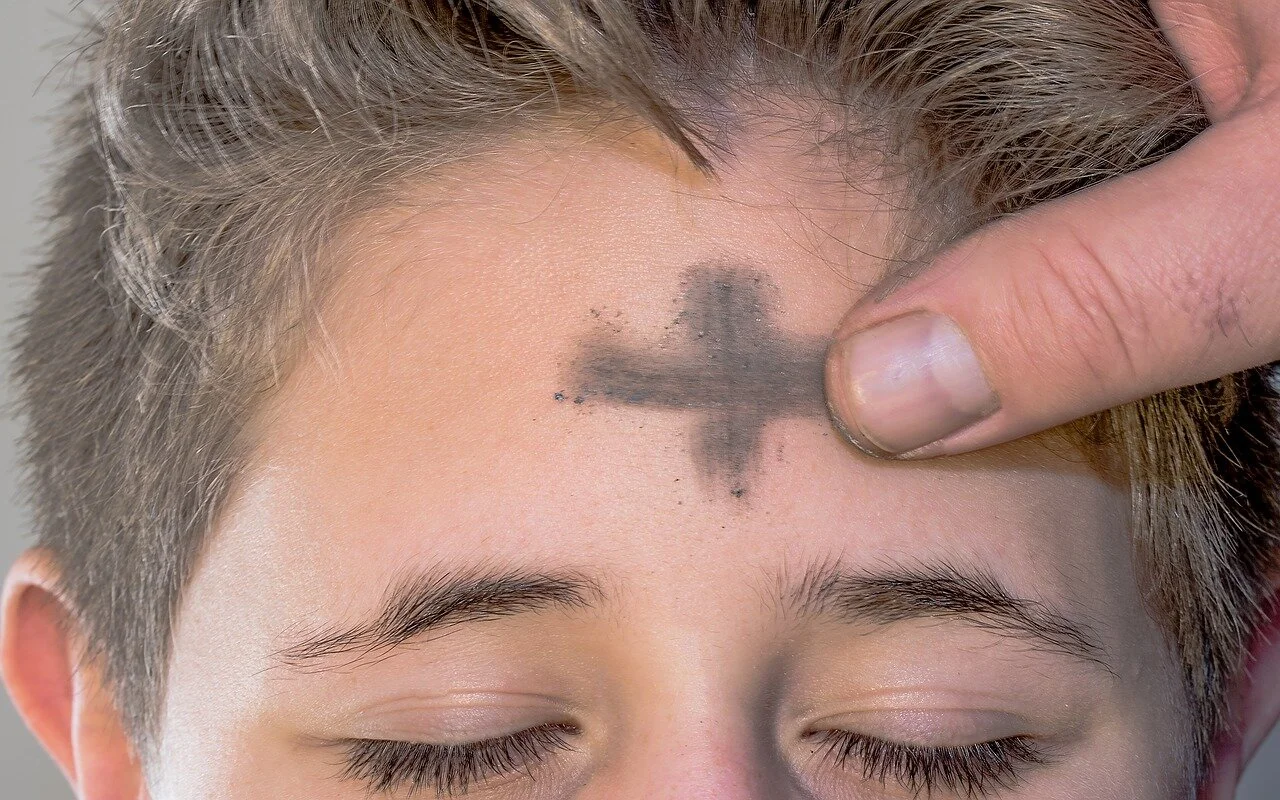Catholic Church Releases Rules For Pandemic Ash Wednesday
Wearing the cross in ashes on the head is a traditional way to observe Ash Wednesday. Creative Commons image.
WASHINGTON — The Catholic Church’s office of liturgical practices, the Congregation for Divine Worship and the Discipline of the Sacraments, released a brief letter Jan. 12 to provide instruction for performing Ash Wednesday ceremonies during the coronavirus pandemic.
Ash Wednesday, on Feb. 17 this year, marks the beginning of the Lenten season for Catholics worldwide -- a six-week period of penitence leading up to Easter.
Under normal circumstances, members of the parish approach the priest and receive a blessing before having ashes smeared on their forehead or sprinkled on the top of their head.
The new guidelines from the church’s office handling liturgical affairs for the Latin Church (distinct from Eastern Catholic Churches) aim to minimize person-to-person contact and keep priests and laity from unnecessary contact with one another.
According to the new guidelines, “The Priest says the prayer for blessing the ashes. He sprinkles the ashes with holy water, without saying anything. Then he addresses all those present and only once says the formula as it appears in the Roman Missal, applying it to all in general.”
The guidelines instruct the priest to use the phrases, “Repent, and believe in the Gospel”, or “Remember that you are dust, and to dust you shall return.”
In order to distribute the ashes without touching the faces of parishioners, the Congregation orders that, “The Priest then cleanses his hands, puts on a face mask and distributes the ashes to those who come to him or, if appropriate, he goes to those who are standing in their places. The Priest takes the ashes and sprinkles them on the head of each one without saying anything.
The letter and guidelines were signed by Prefect for the Congregation, Cardinal Robert Sarah of French Guinea. Cardinal Sarah has been vocal on the necessity to follow rites, sacraments and ceremonies properly in order to preserve the sanctity of the mass. He has been widely cited as a major force for conservative theology within the Church.
The same day the Congregation’s guidelines for Ash Wednesday were released, Pope Francis released a message in regards to the upcoming World Day of the Sick in which he addressed the ongoing COVID-19 pandemic.
“The current pandemic has exacerbated inequalities in our healthcare systems and exposed inefficiencies in the care of the sick. Elderly, weak and vulnerable people are not always granted access to care, or in an equitable manner,” the pope wrote. “This is the result of political decisions, resource management and greater or lesser commitment on the part of those holding positions of responsibility.”
The pope emphasized the need for compassion and charity towards those afflicted with illness.
He continued, saying, “the commandment of love that Jesus left to his disciples is also kept in our relationship with the sick. A society is all the more human to the degree that it cares effectively for its most frail and suffering members, in a spirit of fraternal love. Let us strive to achieve this goal, so that no one will feel alone, excluded or abandoned.”
The pontiff concluded with an appeal to the Virgin Mary, praying, “To Mary, Mother of Mercy and Health of the Infirm, I entrust the sick, healthcare workers and all those who generously assist our suffering brothers and sisters. From the Grotto of Lourdes and her many other shrines throughout the world, may she sustain our faith and hope, and help us care for one another with fraternal love.”
Timothy Nerozzi is a writer and editor from northeastern Pennsylvania. He covers religious issues with a focus on the Catholic Church and Japanese society and culture.

